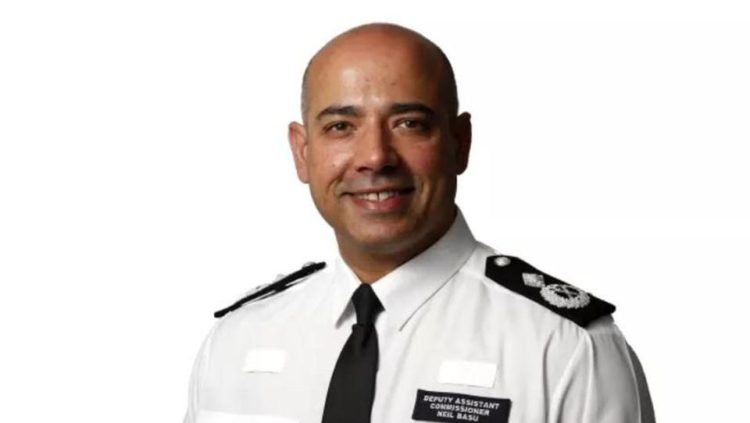By Sammie Jones And Adrian Mcllelan-
Britain’s counter terrorism chief Neil Basu has written an open letter to the media on how to report terrorism.
Britain’s counter-terrorism chief claims far-right terrorists are being radicalised by mainstream newspaper coverage, as he singled out the hypocrisy of outlets such as Mail Online, which uploaded the “manifesto” of the gunman in the Christchurch terror attack.
Britain’s top ranking officer said it was ironic that while newspapers have repeatedly criticised the likes of Facebook and Google for hosting extremist content, sites including the Sun and the Mirror rushed to upload clips of footage filmed by the gunman as he attacked two mosques in New Zealand.
“The same media companies who have lambasted social media platforms for not acting fast enough to remove extremist content are simultaneously publishing uncensored Daesh [Islamic State] propaganda on their websites, or make the rambling ‘manifestos’ of crazed killers available for download,” Basu said in an open letter to the media on how to report terrorism.
Mail Online had irresponsibly uploaded the New Zealand’s terrorist’s 74-page “manifesto” to its website in the process circulating an explanation of his far-right ideology for users to download from one of the world’s biggest news outlets. Reporting basic facts about a terrorists motives is part of factual reporting, but going into details about their ideology amounts to the glorification of the terrorists views. Daily Mail online should be given the benefit of the doubt that the act was done without much thought, but not deliberately to glorify the deadly and disgraceful acts of the crazy terrorist.
“The reality is that every terrorist we have dealt with has sought inspiration from the propaganda of others, and when they can’t find it on Facebook, YouTube, Telegram or Twitter they only have to turn on the TV, read the paper or go to one of a myriad of mainstream media websites struggling to compete with those platforms,” Basu said.
Basu cited the 2017 terror attack in Finsbury Park in London as an example of where a man was “driven to an act of terror by far-right messaging he found mostly on mainstream media”.
Basu invited national newspaper editors to debate their coverage with “survivors of terrorism and those of us trying to counter it”. He said he hoped the government would deal with the issue of mainstream news outlets amplifying terrorist messaging in its forthcoming proposals on online harms and not just target large social networks such as Facebook and YouTube.
“A piece of extremist propaganda might reach tens of thousands of people naturally through their own channels or networks, but the moment a national newspaper publishes it in full then it has a potential reach of tens of millions. We must recognise this as harmful to our society and security.
“Anyone who seeks to deny the negative effects that promoting terrorist propaganda can have should think carefully about the massive global effort to remove terrorist content from social media platforms and the pressure that governments, law enforcement and, ironically, the mass media has put on those companies to cleanse their sites.”
Mail Online and the Mirror later removed video of the attack, but is is very unlikely the video was posted with ill motive.
Basu said all online outlets should also try to deal with the “torrent of hate and abuse below a criminal threshold” that follows any act of terror, amid fears this is driving people off the internet and “creating a permissive environment capable of pushing the most extreme ideologues over the edge”.
“Society needs to look carefully at itself. We cannot simply hide behind the mantra of freedom of speech. That freedom is not an absolute right, it is not the freedom to cause harm – that is why our hate speech legislation exists, he said.

